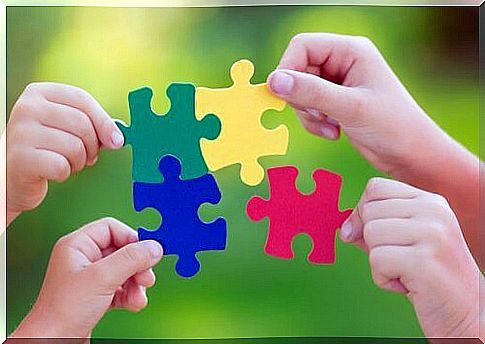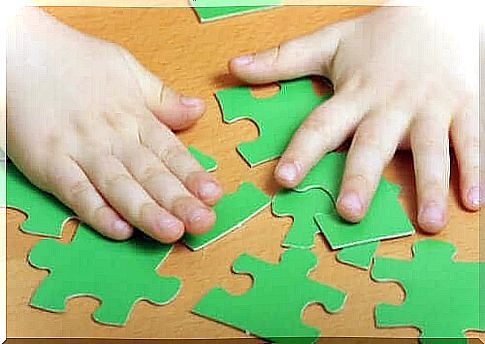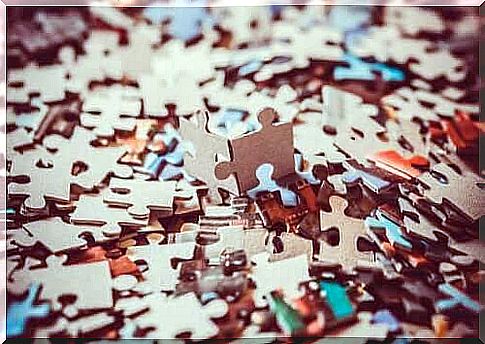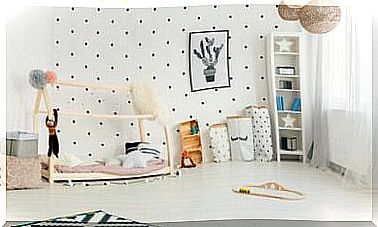Psychological Benefits Of Puzzles For Children

All the children in the world love to play, no matter how they grew up in any country and culture. Many games and games not only entertain, but also teach and develop a child’s mind and physics. Today we will talk about the psychological benefits of puzzles and why a child should be introduced to puzzles at an early age.
The importance of play for children
Playing supports a child’s cognitive, physical, social, and emotional well-being from an early age. According to experts, play is very important for a child’s development and well-being. Some of the reasons for this are:
- Playing helps the brain develop to be balanced and healthy.
- Playing provides an opportunity to interact with other people and the environment.
- Playing teaches basic skills and abilities.
- Playing improves relationships between family members when parents and children play together.
- Playing promotes the learning of values and social norms.

All of the above reasons show why it is important to set aside space and time for a child’s play. Playing is, in fact, a necessity for a child to grow up happy and healthy.
Psychological benefits of puzzles for children
Even a small child can start playing with simple puzzles of a few pieces. Not only do the puzzles have the psychological benefits outlined below, such play also develops a child’s coordination ability and fine motor skills. In addition to this, the child also needs to work on different cognitive abilities to be able to put together the puzzle.
Develops concentration and memory
Puzzles develop a child’s ability to concentrate and memory. This is because the child needs to focus on the model image, push it to mind and build a similar image from the small pieces.
The child observes and explores the world around him as he collects and organizes information. At the same time, he practices and develops his ability to concentrate and his memory, which are important abilities for each of us.
Develops logical thinking
Puzzles, for their part, develop a child’s logical thinking and ingenuity. The child learns to analyze things and solve problems. Solving puzzles requires planning, reasoning, and figuring things out, all of which are important abilities, for example, when studying math and getting to know technology.
Stimulates visual and spatial perception
Puzzles stimulate spatial perception, so the child learns to understand geometric shapes and patterns and their frequency and relationship.

Strengthens self-esteem
Building a puzzle involves solving a complex challenge. The child is proud to have succeeded in building a jigsaw puzzle consisting of numerous pieces and at the same time learns that he is able to achieve the goals he has set for himself. This in turn strengthens the child’s self-esteem.
Teaches you to tolerate frustration
In addition to the psychological benefits already mentioned, puzzles teach perseverance and tolerance of feelings of frustration. While building the puzzle, the child faces challenges that he or she must patiently deal with. In this way, the child also learns to think before deeds.









